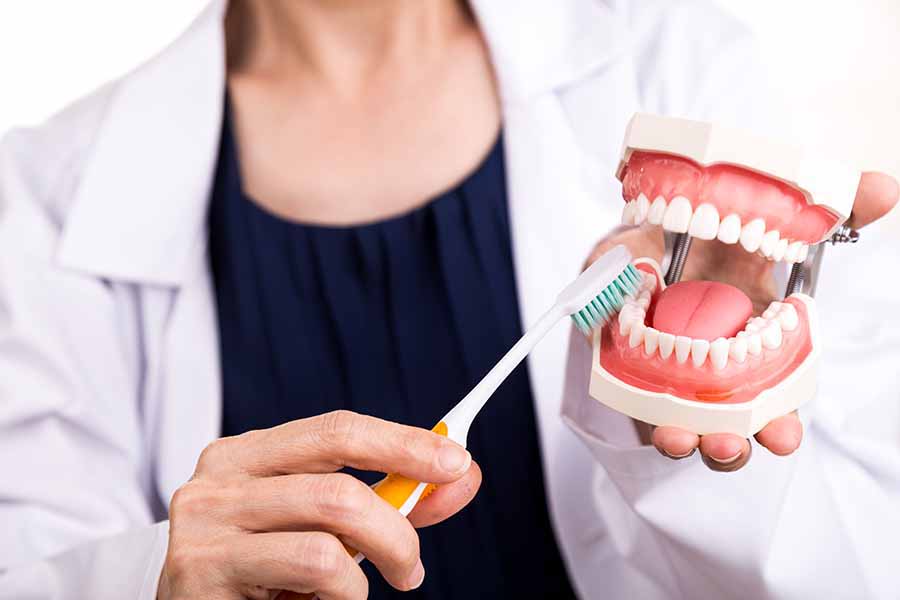MAXILLOFACIAL SURGERY
MAXILLOFACIAL SURGERY
Maxillofacial surgery is a branch of dentistry that deals with all types of surgical procedures in the mandible, maxilla, and mouth. Various treatments such as the diagnosis of oral, dental, and maxillofacial diseases, the treatment of cysts and tumors, the treatment of temporomandibular joint disorders, the use of dental implants, bone augmentation with special techniques in cases of insufficient bone substance, the treatment of soft tissues in the mouth, the extraction of impacted teeth are the fields of activity of oral and maxillofacial surgery.
Wisdom Teeth
The wisdom tooth is the tooth behind the second molar in the back of the mouth of an adult human. The last wisdom teeth to erupt in the mouth, if there is sufficient space in the jaw and suitable gums, normally remain in the mouth and can be used for chewing. It often occurs in wisdom teeth that remain wholly or partially in the bone that has not erupted normally.
Impacted Teeth
It should be remembered that impacted teeth can cause various problems. Infection, swelling, and pain in the gums around the impacted teeth may occur. Such teeth can also cause permanent damage to adjacent teeth, surrounding gums, or bone. Cysts or tumors may form around the impacted tooth, causing bone damage. The dentist strongly recommends extraction in case of infection, pain, damage to the neighboring tooth, gum problems, cysts, or tumors caused by the impacted wisdom tooth. If wisdom teeth are not extracted, they should be kept under control by regular follow-up visits.
Wisdom Tooth and Impacted Tooth Extraction
The dentist assesses the position of the wisdom tooth in the jawbone and whether it is healthy or not during his regular check-ups. It is not only wisdom teeth that remain impacted and have to be extracted. “Canines,” “cuspids,” or premolars may also remain impacted and cause similar discomfort. In this case, these teeth may also need to be extracted.



